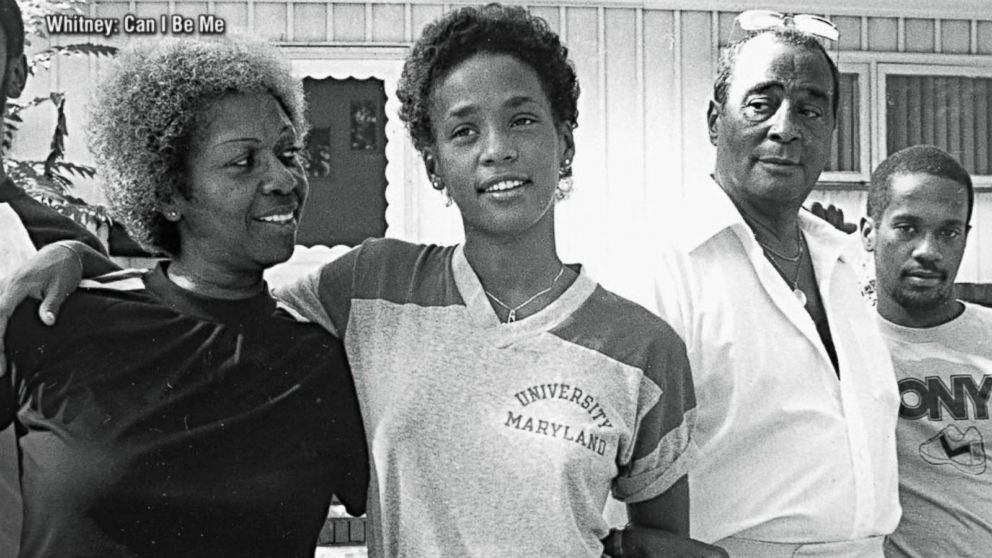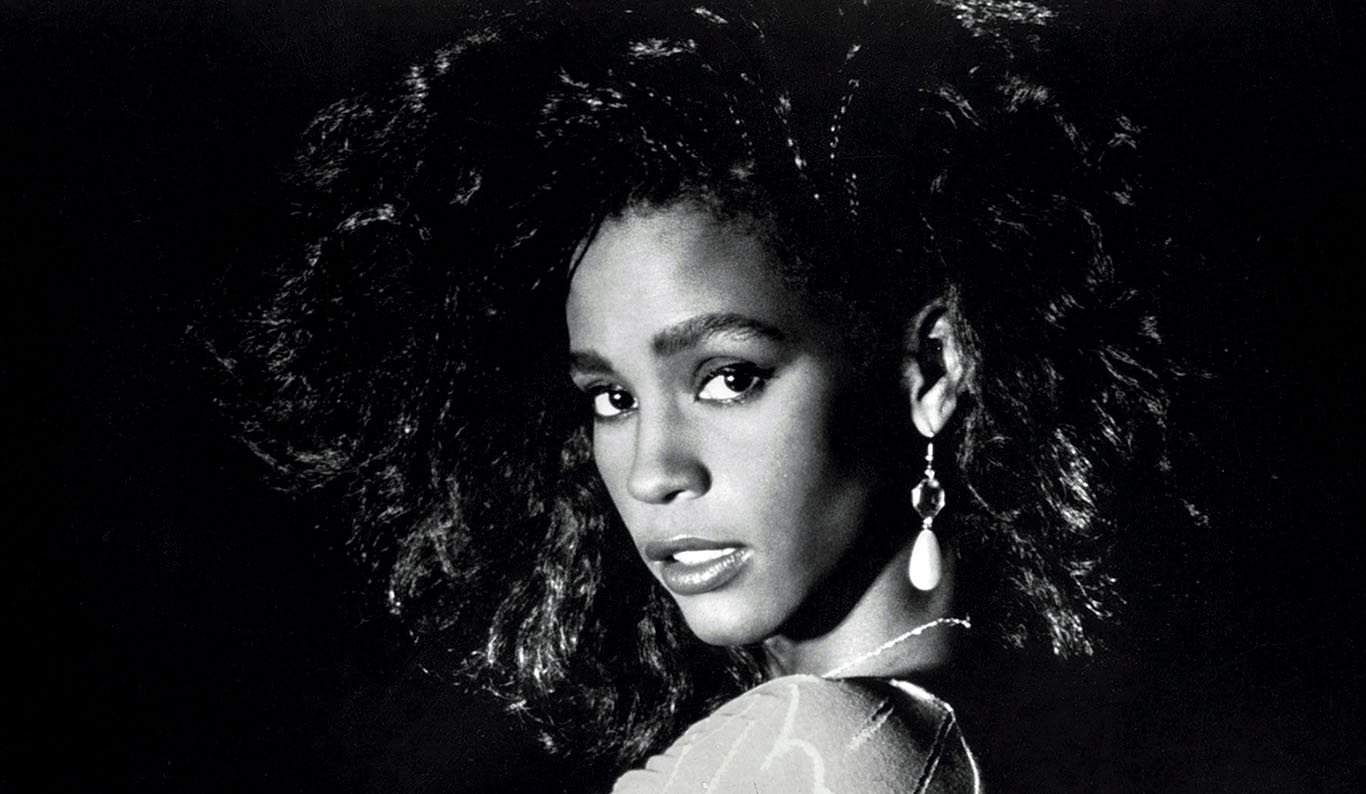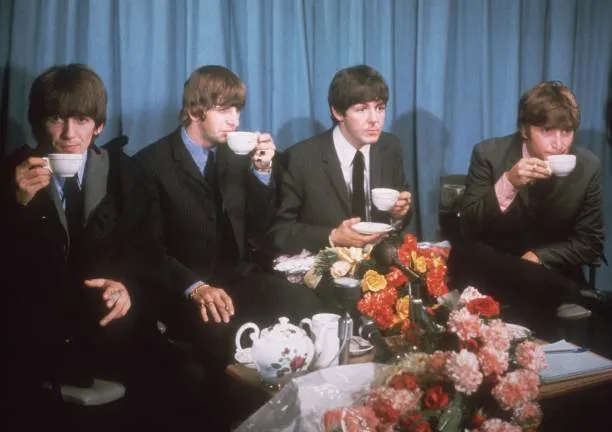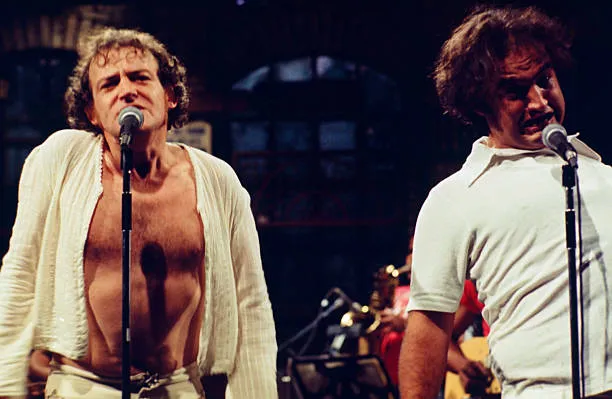In the annals of music history, the name Whitney Houston stands as a beacon of unparalleled talent and extraordinary achievement.
Known for her powerful voice and a string of timeless hits, she earned her place as one of the greatest artists of all time.
Yet, behind the grandeur of her professional life lies a childhood that immensely influenced her journey.
Understanding Whitney Houston’s young years offers invaluable insights into the making of this musical prodigy.
The Foundations: A Birthright to Music
Whitney Elizabeth Houston was born on August 9, 1963, in Newark, New Jersey, into a family steeped in musical heritage.
Her mother, Cissy Houston, was a successful gospel and soul singer, while her cousins included the accomplished Dionne Warwick and Dee Dee Warwick.
Aretha Franklin, a close family friend and godmother to Whitney, was another towering presence in her early life.
It was as if the universe conspired to place Whitney in an environment rich in musical excellence.
From the moment Whitney opened her eyes, she was surrounded by a symphony of melodies and harmonies.
Growing up in such a dynamic and musically vibrant household meant that young Whitney had instant access to a fountain of inspiration.
Her home was often the gathering spot for musicians and singers, and Whitney was frequently exposed to impromptu jam sessions and musical discussions, which left an indelible mark on her.
A Gospel-Infused Upbringing
Given her family's strong gospel roots, it's no surprise that Whitney's earliest musical experiences took place in the church.
She started singing in the Junior Gospel Choir at the New Hope Baptist Church in Newark, where her mother was the musical director.

Here, young Whitney, affectionately known as "Nippy" to her family, began to hone her vocal abilities.
Her mother, Cissy, played a pivotal role in Whitney's early musical education. Recognizing her daughter's prodigious talent, Cissy often brought her along to recording sessions and live performances.
These experiences were more than just formative; they were foundational. Watching her mother perform, Whitney learned not just the techniques of singing but also the emotive power of music.
She understood that a true artist must connect with their audience on a deep, emotional level.
The Streets of Newark: A Community and Its Influence
Newark during the 1960s and 70s was a hive of cultural activity, blending the old with the new, the sacred with the secular.
While Whitney's musical training was deeply rooted in the gospel tradition, the streets of Newark exposed her to a cacophony of sounds, from Motown to soul, from jazz to rhythm and blues.
The aftermath of the Newark riots in 1967 was a defining period for the community.
Though a young child at the time, Whitney witnessed the community’s resilience and efforts to reclaim a sense of normalcy.
These experiences imbued in her a sense of strength and determination that would be essential in navigating the challenges of her future career.
A Shifting Landscape: Moving to East Orange

In the 1970s, the Houston family moved from Newark to neighboring East Orange, New Jersey.
This move marked a significant transition in Whitney's life. While Newark had been a nurturing ground for her early musical inclinations, East Orange offered new opportunities and environments that further molded her burgeoning talent.
At Mount Saint Dominic Academy, a Catholic girls' high school in Caldwell, New Jersey, Whitney's vocal capability began to truly shine.
She joined the school choir and performed in various talent shows and musicals.
Away from the church setting, these new performance experiences helped Whitney expand her repertoire and gain confidence as a solo performer.
Teenage Years: A Star in the Making
As Whitney grew older, her innate talent began to attract more attention. Her mother continued to act as her mentor, encouraging her to pursue professional opportunities.
During her teenage years, Whitney started performing with her mother in nightclubs around New York City.
She also began working as a backup singer for prominent artists such as Chaka Khan and Lou Rawls.
These early professional gigs were instrumental in setting the stage for her later success.
They provided Whitney with not only valuable performing experience but also an insider's view of the music industry.
Her mother’s guidance ensured that Whitney developed a professional work ethic and understood the importance of discipline and dedication.
First Steps into Modeling and Acting
Interestingly, Whitney's talent was not confined to music alone. She possessed a natural beauty and charisma that did not go unnoticed.
At the age of 16, she signed with the Wilhelmina modeling agency and quickly began to appear in prominent magazines like Seventeen, Glamour, and Cosmopolitan.
Whitney's foray into modeling helped her gain poise and self-assurance, traits that would be invaluable in her music career.
This period also saw Whitney dipping her toes into acting, appearing in episodes of television series and commercials.
These experiences broadened her horizons and provided a multifaceted foundation for her future as an all-around entertainer.
The Breakthrough

By the early 1980s, it became clear that Whitney Houston was not just a singer; she was a star in the making.
Her family connections certainly opened doors, but it was her undeniable talent that ultimately secured her a recording contract with Arista Records in 1983.
The legendary Clive Davis, recognizing her extraordinary potential, signed Whitney and took her under his wing, setting the stage for her meteoric rise to fame.
Whitney's debut album, "Whitney Houston," released in 1985, was the culmination of years of hard work, training, and perseverance.
Her childhood experiences, from singing in the church choir to performing on stage with her mother, had instilled in her a firm foundation.
The album became a massive success, producing hit singles like "Saving All My Love for You," "How Will I Know," and "Greatest Love of All."
The Making of a Legend
Whitney Houston's young years were marked by a convergence of natural talent, familial support, and rich cultural influences.
Her early life was a tapestry woven from the threads of gospel, soul, and contemporary music, all nurtured by a family that recognized and celebrated her gifts.
Her upbringing in a musically enriched environment provided her with a profound understanding of her craft.
The rigorous training and professional opportunities afforded by her mother prepared her for the complexities of the music industry.
Whitney learned early on the importance of dedication, versatility, and emotional depth in her performances.
Reflections on Whitney's Early Years

Whitney's childhood experiences offer a poignant insight into the making of a musical icon.
She was blessed with a supportive family that cultivated her talents and provided her with the tools to navigate the often-turbulent waters of show business.
Yet, her journey was also marked by challenges and obstacles that required immense inner strength and resilience.
Reflecting on Whitney Houston's young years illuminates the profound impact of her early experiences on her later success.
Her story is a testament to the power of nurturing talent from a young age and the importance of family support in achieving greatness.
A Legacy Rooted in Childhood
In conclusion, the childhood of Whitney Houston was a rich tapestry of musical influences, familial guidance, and personal experiences that shaped her into the legendary artist she would become.
From the gospel-infused halls of the New Hope Baptist Church to the vibrant streets of Newark and the supportive environment of her family, Whitney's early years were instrumental in laying the foundation for her remarkable career.
Understanding Whitney Houston young allows us to appreciate the roots of her extraordinary talent and the journey that led her to become one of music's greatest voices.
As we celebrate her legacy, we remember not just the superstar, but the young girl named Nippy who carried a divine dream within her, a dream that she would majestically transform into reality.



